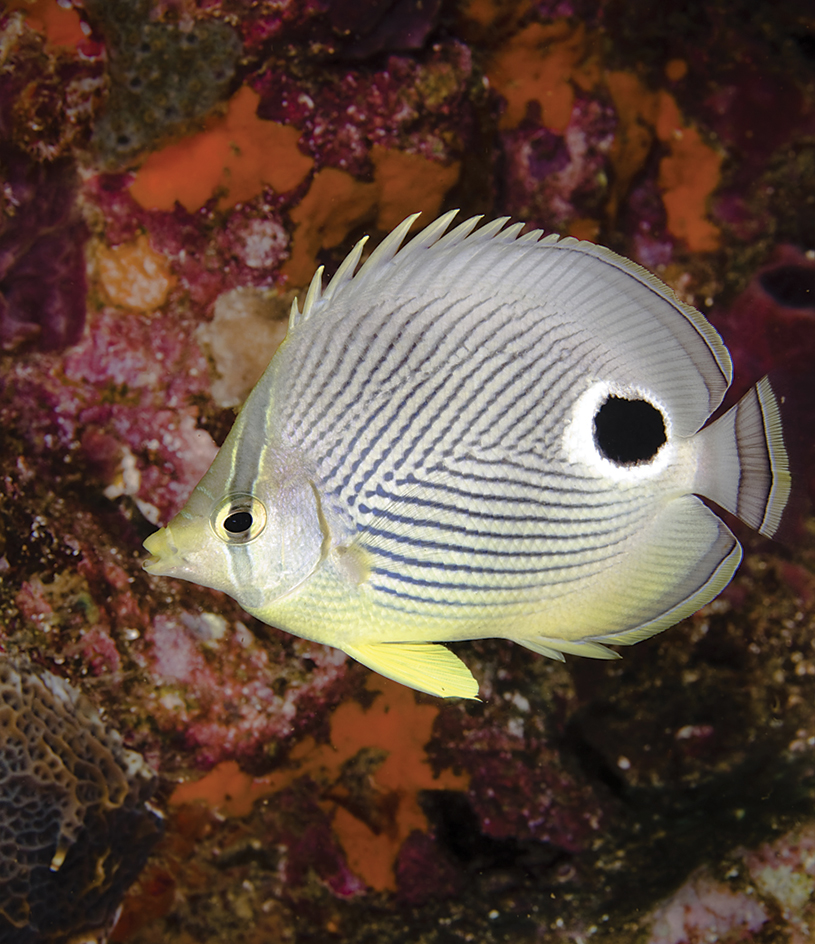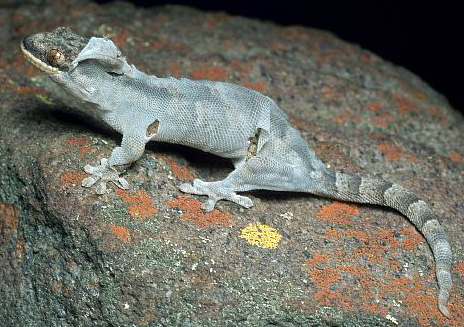Adaptation is a characteristic of an organism that makes it better able to survive and reproduce in its environment. For example, the long neck of a giraffe is an adaptation. It enables the giraffe to eat leaves high above the reach of many other animals.

Adaptations develop and spread through a process called natural selection. Natural selection occurs because every trait, such as size or color, shows some variation. Some individuals have variations that make them more likely to survive and reproduce in an environment. Other individuals do not compete as successfully for food, water, mates, and other necessities. The variations may result in whole or in part from genetic (hereditary) differences among individuals. Genes that produce a helpful variation make the individual more likely to survive and reproduce. Such genes are thus more likely to be passed on to offspring. These genes tend to increase in frequency over generations, developing and spreading adaptations. See Natural selection .

Some organisms are adapted to living in many different environments. For example, people live in all kinds of climates. Thus, human beings are generalized—that is, the human body has adaptations that enable people to live in widely different environments. But other organisms are more specialized. Polar bears, for example, can live only in the cold climate around the Arctic Ocean.
Living things often die when they cannot adapt to a changing environment. For example, many animals became extinct around the end of the most recent ice age, about 11,500 years ago. As the climate became warmer, such animals as mammoths and saber-toothed cats struggled to adapt and eventually died out.
The word adaptation also refers to the ability of individuals to adjust to varying conditions in their environment. If a person moves to the mountains, his or her body adapts to the lower oxygen levels at high altitudes by making more oxygen-carrying red blood cells. A dog adapts to warm weather by shedding its hair. Adaptations that occur over a relatively short time in an individual, particularly as a result of changes in climate, are often called acclimatizations.
